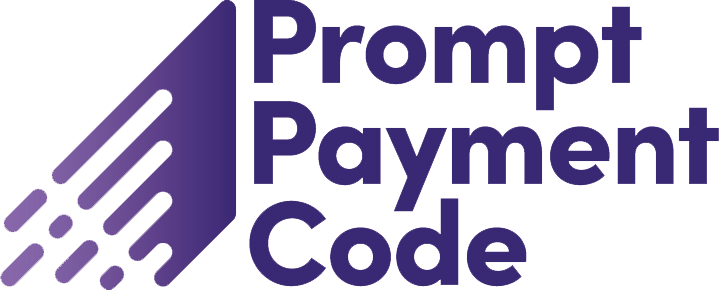Working with Tornado IPT
The Tornado Integrated Project Team (Tornado IPT) is part of the UK Ministry of Defence’s (MoD’s) Defence Equipment and Support (DE&S) organisation. It is responsible for the provision of logistical support and capability development for the RAF Tornado F3 (Air Defence Variant) and the GR4 (Ground Reconnaissance) fleet until 2025, when it is due to be replaced by the Eurofighter Typhoon. Between now and then it is the task of the IPT to ensure the platform’s capability is developed to meet the UK’s changing defence requirements.
The requirement to drive down defence costs whilst maintaining outputs to the end customer has led the IPT instigating a transformation programme which has resulted in the development of a series of availability-based contracting solutions with industry. The Tornado IPT draws Case study on the extensive aircraft design, development, operational and repair expertise of a team that includes the RAF, BAE Systems, Rolls Royce Defence Aerospace and QinetiQ.
The Challenge
The management of Safety-related risk has always been paramount within the Tornado IPT and it was recognised that a similar rigour needed to be introduced to manage the risks and issues potentially impacting on all areas of IPT business. In partnership with MoD’s Risk Process Owner (Through Life Procurement Management Support Group) a formalised project risk management process was developed for the Tornado IPT. Key to the successful implementation of this programme would be the selection and deployment of a powerful risk management and analysis tool.
The Solution
After a comprehensive evaluation and assessment phase, Tornado IPT selected Predict! Risk Controller as best meeting its requirement. The intuitive nature of operation and integration with Predict! Risk Analyser were key points identified. Feedback sought from other DE&S IPT’s who already operated the tool were also positive which reinforced the selection processes. Risk Decisions have worked closely with Tornado IPT to configure Predict! and develop custom templates for management reporting. They also provided a comprehensive training programme to ensure that users were able to get up to speed quickly and realise the benefits from Predict! Risk Controller and Risk Analyser. During the roll out period, Risk Decisions provided regular coaching and support particularly for cost and schedule risk analysis. This support has continued with regular training, advice and product updates to ensure that every member of the team has the latest risk management skills.
The Benefits
Risk Management is now co-ordinated across the IPT with regular monthly business and project reviews being conducted. The decision-making process is now risk-based, with clearly defined escalation processes in place, ensuring risk is managed at the level where it can be influenced. Predict! has aided the Tornado IPT in working more effectively with industry partners and customers alike, with access and visibility of the shared risk register being provided to all stakeholders. To facilitate this, Tornado IPT upgraded the original client server system with the web-based version that could be accessed from any IP-enabled location. This has been deployed by a number of IPTs, which has provided greater visibility and improved management of cross platform risks. According to Peter Davidson, Tornado IPT, Assistant Director Through Life Management: “Implementing Predict! has enabled us to formalise and apply common and clearly understood risk management processes across the IPT. The assistance provided by Risk Decisions has played a major role in helping us develop confidence in our forecasts and develop the risk maturity on all our key projects”.
The Predict! suite of risk management and analysis tools had had a major impact on the way that Tornado IPT operates and its customised reports are now regularly used as important business support tools to develop robust business cases. The flexibility of Predict!’s multiple scoring system has given in-context views of risk information to senior management and helped embed the value and role of risk management across the IPT.








